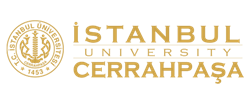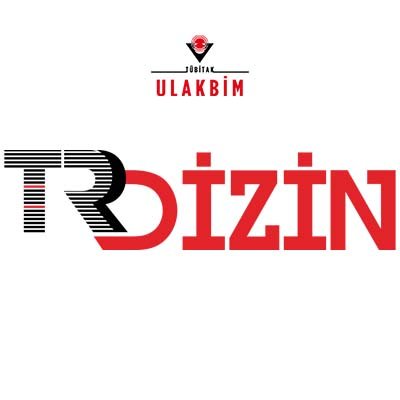This study aimed to reanalyze Olympism as a so-called “philosophy” of life underlying the modern Olympic games, which is inspired by the ancient Olympic games in relation to ancient Olympic games and ancient Greek ideals, especially aretē. It is a fact that Baron Pierre de Coubertin, the founder of modern Olympic games has presented Olympism as a “philosophy” of life, an ideal, and an idea, and projected to implement it through the Olympic movement and also Olympic games. Even if, in the literature, Olympism and Olympic values have been criticized from time to time, it has been frequently mentioned that Olympism has been inspired by the ancient Greek culture. Here, the word “aretē” distinguishes itself with various usages alongside words such as “kalos kagathos” and “kalakagathia.” Although the word aretē in Greek culture has been used in different meanings in different times, it has been generally used as a synonym for excellence or virtue. Then, we may say that this word refers to the Olympic games and Olympic athletes who have been projected as an embodiment of the Olympism ideal. It has been found that the Olympic literature defines such an ideal human as “kalos kagathos,” which means “good and beautiful.” However, this word which has more of an aristocratic meaning is not enough by itself. Therefore, in the studies of modern Olympic games and Olympism in relation to ancient Greece and ancient Olympics, it is important to mention who used it and when. In this study, the word aretē is examined from different resources and, in this sense, this study has tried to encourage new ways for revisiting Olympism.
Cite this article as: Filiz, N. Olympism Revisited in Relation to the Word Aretē in Ancient Greek Culture. Research in Sports Science 2020, 10(2); 58-63.


.jpg)


.png)


